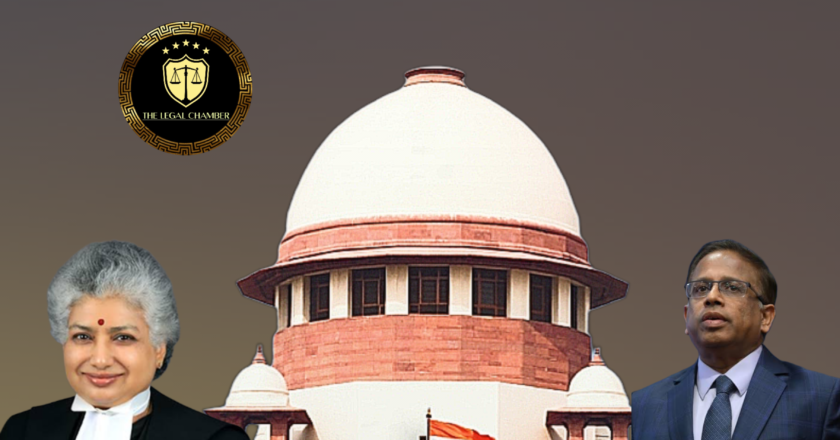Supreme Court’s Ruling on Curing Defects in Petition Affidavits :Simplifying Election Laws
This Supreme Court judgment clarifies that non-compliance with the affidavit requirement under Section 83(1)(c) of the Representation of the People Act, 1951, is not automatically fatal. Following the precedent in G.M. Siddeshwar, the Supreme Court held that 'substantial compliance' with Form 25 suffices, and defects are generally curable. The matter was remanded to the High Court to determine if the affidavit in question substantially complied with the statutory requirements and whether the defects could be rectified.
Facts Of The Case:
The case arose from the General Elections to the Odisha Legislative Assembly for the 07-Jharsuguda Constituency, held in 2024. The appellant, Tankadhar Tripathy, was declared the elected candidate, winning by a margin of 1,333 votes. The respondent, Dipa...


